Economics
Why choose Economics?
After doing an A level in Economics, you will understand the assumptions behind economic terms such as 'free markets', which increasingly dominate political debate. You will realise the bluntness of economic policy tools and the extent to which economic concepts and methods help us understand and tackle issues such as climate change, inequality, and racism. You will discover that many popular ‘economic arguments’ are actually political arguments couched in economic terms. You will then be equipped to reason out and debate the merits and demerits of each argument and to choose an option that suits your own beliefs.
A good A level Economics student will realise that almost all economic decisions are fraught with uncertainty and subject to the 'law of unintended consequences.’ It will enable her or him to separate truthful people from snake-oil salesmen. Isn’t that a worthwhile skill to have?
An A Level Economics course can combine well with a range of other A levels, across the whole spectrum from sciences to arts subjects.
What are the aims of the course?
- develop an interest in and enthusiasm for the subject
- appreciate the contribution of economics to the understanding of the wider economic and social environment
- develop an understanding of a range of concepts and an ability to use those concepts in a variety of different contexts
- use an enquiring, critical and thoughtful approach to the study of economics and develop an ability to think as an economist
- understand that economic behaviour can be studied from a range of perspectives
- develop analytical and quantitative skills, together with qualities and attitudes which will equip them for the challenges, opportunities and responsibilities of adult and working life.
What skills do you need?
A-Level Economics gives students an opportunity to look at and analyse the economic output of entire countries, asking questions such as: What is their position in the international marketplace? How do they allocate their limited resources to build growth? It also focuses on the individual and industries, looking at the buyer and seller, what influences demand, and how people and companies respond to price changes. Students also gain an idea of how economists reach decisions, how observations are converted into theories and models, how these are tested, and whether they have practical value.
Economics introduces students to both microeconomic and macroeconomic issues. Students are expected to acquire competence in quantitative skills that are relevant to the subject content. They will develop a familiarity with the various types of statistical and other data commonly used by economists. Students will also be expected to be able to construct and use graphs and apply statistical measures such as the mean, median and relevant quantiles, as well as being able to interpret data presented in the form of index numbers.
Students also explore the disagreements between economists and current economic controversies. Students will also develop a critical approach to both economic models and methods of enquiry, and will appreciate that value judgements play an important role in economic decision-making. They will also acquire a good knowledge of the trends and developments in the economy which have taken place over the past ten years.
Students will need good grades in Mathematics and English at GCSE. Quantitative skills are important, as is the ability to write in coherent prose, sometimes in an extended form. Previous experience of economics is not required, though, but a curiosity about the economic world is.
Course content
A level Economics is divided into three parts :
- Microeconomics explores the concept of an ideal free market economy, based on perfect competition, and compares it with the complexity and inefficiency of real modern market phenomena.
- Macroeconomics looks at economics from a national point of view and explores themes like Inequality, Unemployment and Immigration, Economic Growth and Trade/Budget deficits. It also considers the trade-offs that governments face as they try to resolve problems such as the financial crisis of 2008.
- International Economics considers the case for and against free trade and globalisation, the interdependence of economies and reasons why some countries are more evolved than others and what can be done to promote development.
Assessment
A level Economics is a 'linear' subject, assessed entirely by end-of-course exams. Here's a brief description of the Eduqas assessment scheme. All three papers examine material from across the specification.
· Paper 1: MULTIPLE CHOICE AND SHORT ANSWER QUESTIONS (30%)
· Paper 2: DATA RESPONSE - Economics comprehensions, a form of case study (30%)
· Paper 3: ESSAYS, (40%)
Higher Education and Career Pathways
As well as leading into Economics-based degrees, ‘A’ level Economics is a good background to a wide range of other degrees. Be aware that top Economics degree courses may well also require ‘A’ level Maths. ‘A’ level Economics is well respected for the breadth you need to show in order to get a good grade


